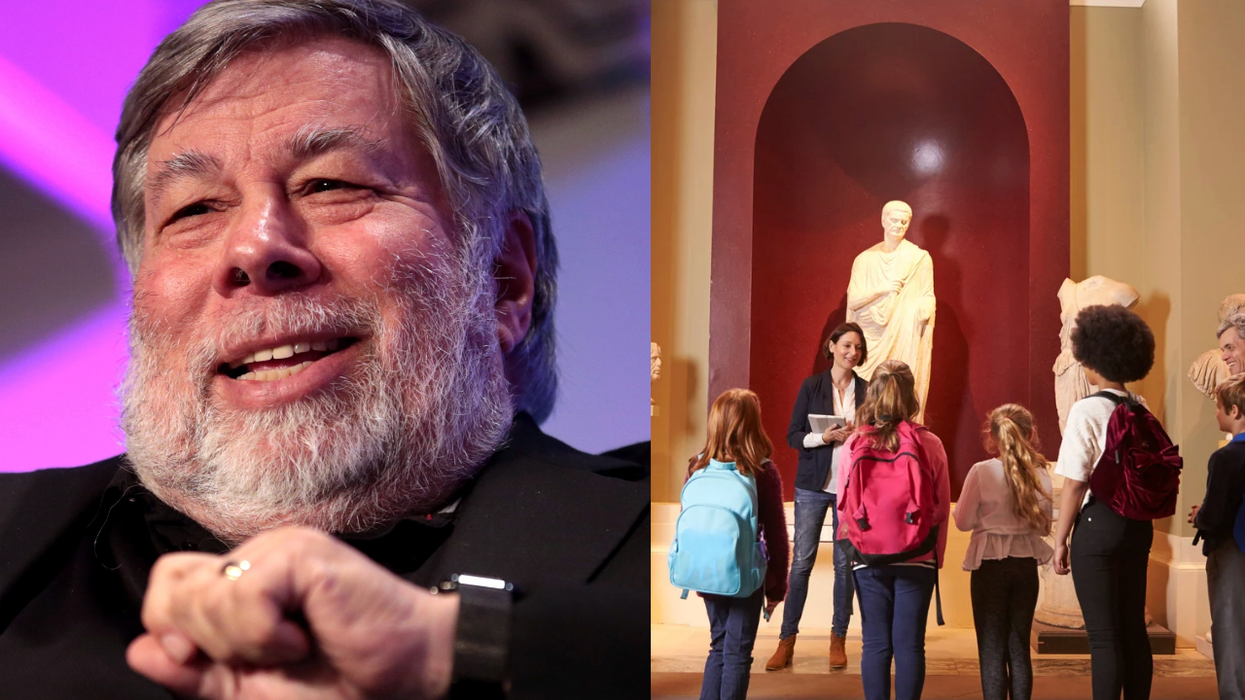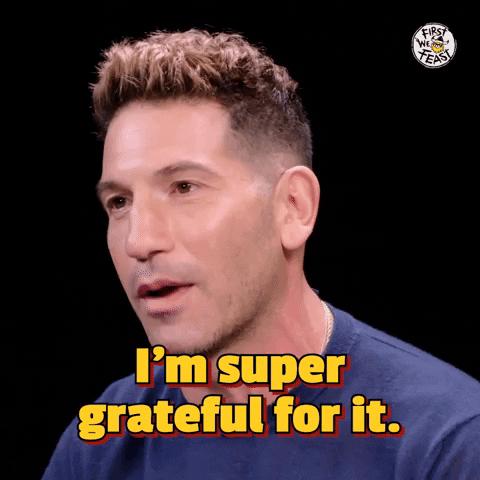Following an extensive and damning investigative report by Sports Illustrated, the Dallas Mavericks have found themselves with a lot to answer for in the two days since the story broke. Outspoken billionaire owner Mark Cuban has, due to both his notoriety and his active role in the organization, been quick to address the issues outlined in the report, as well as make statements accepting responsibility on at least two occasions.
One of the most glaring instances in the report was how the basketball organization treated two instances of assault by Earl Sneed, a then-writer for Mavs.com. The team not only failed to take action after he pled guilty to a misdemeanor charge of family violence, but four years later, after he struck a female co-worker whom he was both living with and dating, the team’s acknowledgement of the incident went so far as to require Sneed to sign a document that prohibited any “one-on-one contact” with female coworkers at the Mavericks organization.
Cuban, speaking to ESPN, claimed he regretted not firing Sneed after the initial 2011 dispute. “I want to be clear, I’m not putting the blame on anybody else,” Cuban said to the sports network. “It came down to my final decision that I made.”
“So that was my decision. What I missed, and it was truly a fuck up on my part, because I was not there, I looked at everything anecdotally,” he continued.
Cuban has so far remained relatively silent on another prominent allegation in the Sports Illustrated report, the reports that former team president and CEO Terdema Ussery repeatedly used sexually inappropriate and aggressive language in casual interactions with staff. Immediately following the publication of the report, the team did offer two statements that team was engaging independent investigators in response to the allegations.
In the fallout, Mark Cuban has fired the team’s human resources director and Sneed. He claims to have no knowledge or awareness of his team president’s sexually explicit interactions with female employees, claiming to ESPN “he had no knowledge of the corrosive culture in his offices.”
The veracity of that statement remains to be seen, but it’s been proven time and again recently that any ignorance, willful, or otherwise, of such workplace conditions by a principal such as Cuban does little to mitigate their responsibility for the damage done to innocent employees subjected to them.

















 An RV roams the countrysideCanva
An RV roams the countrysideCanva
 A group of young dancers line upCanva
A group of young dancers line upCanva A woman with a skin condition looks at her armCanva
A woman with a skin condition looks at her armCanva

 Students at a table.Image via
Students at a table.Image via  Cheerful group of mixed-age people.Image via
Cheerful group of mixed-age people.Image via  Cool Boomer.Image via
Cool Boomer.Image via 
 An envelope filled with cashCanva
An envelope filled with cashCanva A server takes an orderCanva
A server takes an orderCanva A wait staff hangs out between shiftsCanva
A wait staff hangs out between shiftsCanva Grateful gif
Grateful gif 